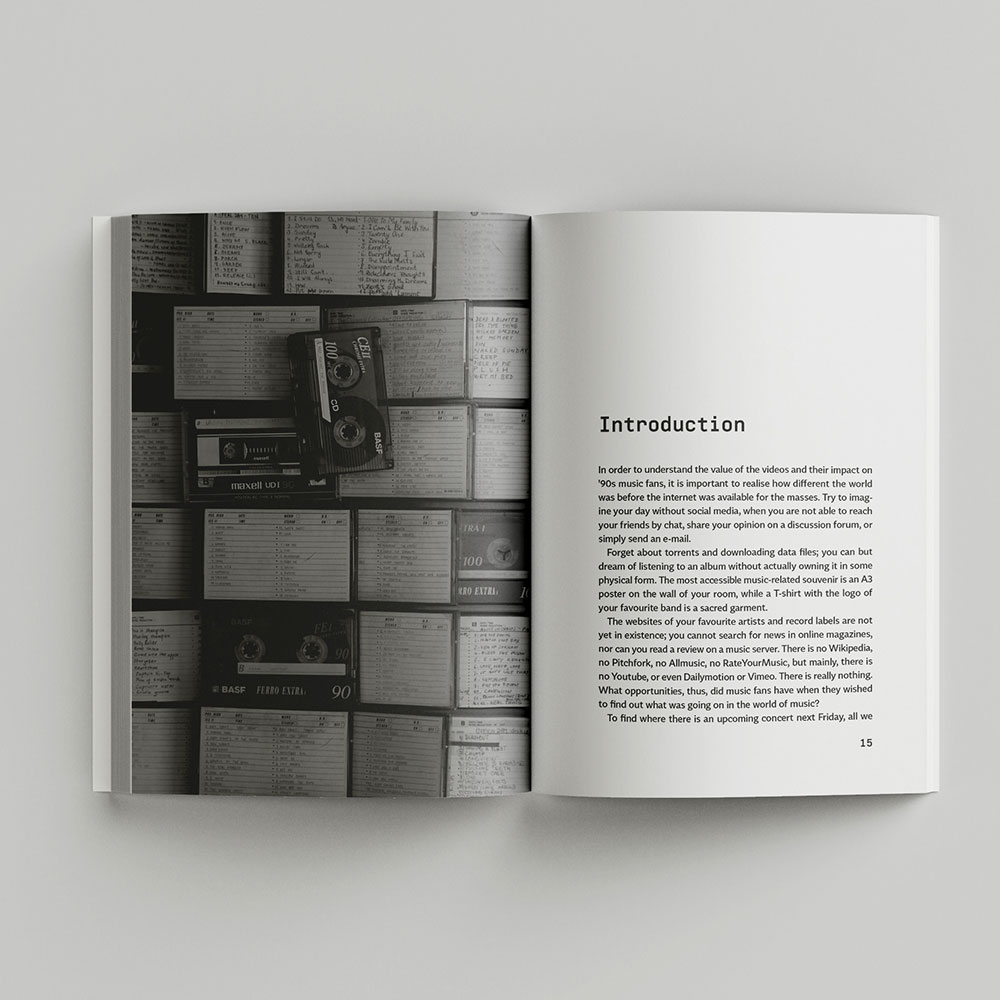In the USA, hip-hop not only proved its viability but also commercial potential as early as the late 1980s. Come the next decade, it was not flogging a dead horse for sure, either. On the contrary, it was in excellent condition, brimming with ideas and exploring various artistic approaches. Many significant representatives of the genre reached their creative peak; their lyrics focusing on various topics, from biting social criticism to political commentary. Rappers definitely excelled in creating inventive, complexly structured rhymes, as well as ways of their presentation, while producers drew from a bottomless well of samples ranging from jazz to funk, and from rhythm and blues to rock'n'roll.
In 1990, Public Enemy strengthened their reputation of politically engaged rap monster with their third record Fear of a Black Planet and built an undying monument to the art of sampling, for several generations to come to draw from. Ice Cube abandoned his former gangsta rap 'crew with an opinion' and started his solo career with the album AmeriKKKa's Most Wanted. The record became an instant hit, never lowering the platinum bar he set with any of the following albums released in the 1990s. LL Cool J managed to win back his street cred when he changed his mind about the pop ambitions indicated on his previous record and, instead, bared his claws again belligerently when he released Mama Said Knock You Out.
Hip-hop was just experiencing its golden age and, even though its peak was still to come, it already was experiencing significant support in this era in the form of the show 'Yo! MTV Raps'. Every week, rap fans could not only see newly released videos but also interviews with the main stars of the genre as well as live performances. This programme significantly contributed to the spread of hip-hop music and culture worldwide. Many a rapper started to write their first rhymes thanks to MTV and, perhaps, until the present day, carefully stores in the cellar videotapes with recorded clips that he used to hone his flow.
***
On the other side of the ocean, on the British Isles, exciting times were also being had. From the end of the '80s, music periodicals had been competing in coming up with superlatives to describe bands from the Manchester area. These, in their works, combined rock progressions underscored by dance beats. They drew inspiration for this new, until then unheard of, sound from the psychedelic '60s and an important role in the increase of its popularity was also played by the increasing availability of ecstasy in the area. The scene in which the rock club and dancefloor fused on one stage got to be called 'Madchester'. Even though most of the bands on this scene exclusively released their records on an independent label, they dominated not only the British indie charts but were also in the top positions of the official singles charts at the turn of the decades.
Their popularity culminated in 1990. With their Pills 'n' Thrills and Bellyaches, Happy Mondays brought their celebration of life in the form of a 24-hour party to perfection. On their first album Life, Inspiral Carpets resurrected the psychedelic sound of the Farfisa and, in the studio, immortalised the compositions they had played live several months before on John Peel's programme. The debut album Some Friendly by The Charlatans became the first and only Madchester record to conquer the top of the British album charts in spite of the fact that they, paradoxically, did not come from Manchester.
Nevertheless, the greatest stars of the scene were, undoubtedly, The Stone Roses. Even though they did not release an album in 1990, they made sure their fans remembered them thanks to the single One Love and, especially, the legendary concert at Spike Island. Although it was, primarily, they who claimed to be the best band worldwide, the over 25-thousand strong audience that came to see them that night would have surely agreed.

LL Cool J – Mama Said Knock You Out (Zebra)
A psychopathic maniac who wipes the whole world out like a storm, and that is just the warm-up round. Raw and very pissed off old school rap. LL Cool J spills his funky rhymes and is, at the same time, ready to beat up anybody who crosses him. And when his mum says to “knock you out”, he will not hesitate. Nobody answers their mama back, homie.
The Charlatans – The Only One I Know (Rasťo)
Hard work and will sometimes matter more than being original or coming first. From the beginning, they were written off as Madchester sounding epigones and candidates for the title 'One Hit Wonders'. In the end, they have survived all the fickleness of the music audience as well as personal tragedy and enjoy well-deserved respect today. Here is that first 'one hit'.
Nick Cave and The Bad Seeds – The Weeping Song (Iva)
If Cave's lyrics are reflective insights into the darkest places of man's psyche, then the music of the Bad Seeds is their identical music twin. Here, both are lightened by a paradoxically humorous video where Nick can even be seen laughing spontaneously! Because even this dark gentleman knows that darkness will be replaced by light, and if he weeps, it won't be for long.
Click here to find out where to get the book
The next sample is from the chapter dedicated to 1991